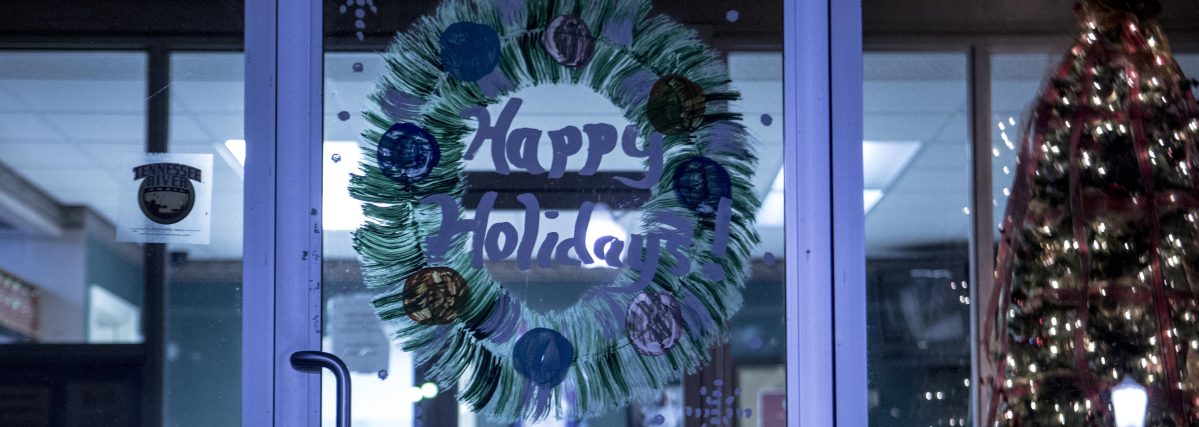Tis the season of arguing over the proper season’s greeting.
December 25th, of course, is Christmas Day, the holidays commemorating the birth of Jesus, whose name is central to the name of the holy day for billions across the globe. But non-Christians and secular Americans often prefer the more inclusive, “Happy Holidays” or “Season’s Greetings” to “Merry Christmas.” That, in turn, has offended many of strong faith, to the point where it is considered exhibit A in an ongoing War on Christmas.
As it turns out, though, “Happy Holidays” has been a greeting that used to be considered much less offensive and dates back at least to 1863, when it was found in an advertisement in the Philadelphia Inquirer. Eight years later, it was commonly used in cigarette ads.
So why is it such a charged debate more than 150 years after that newspaper ad? The Independent traces the whole charged debate to a 2005, when The Fox News anchor John Gibson published a book entitled: The War On Christmas: How The Liberal Plot To Ban The Sacred Christian Holiday Is Worse Than You Thought.
“In this narrative, the phrase “happy holidays” was no longer as innocent as some believed. Instead, it was portrayed as an act of liberal aggression,” explains The Independent.
Thanks for reading InsideHook. Sign up for our daily newsletter and be in the know.



















